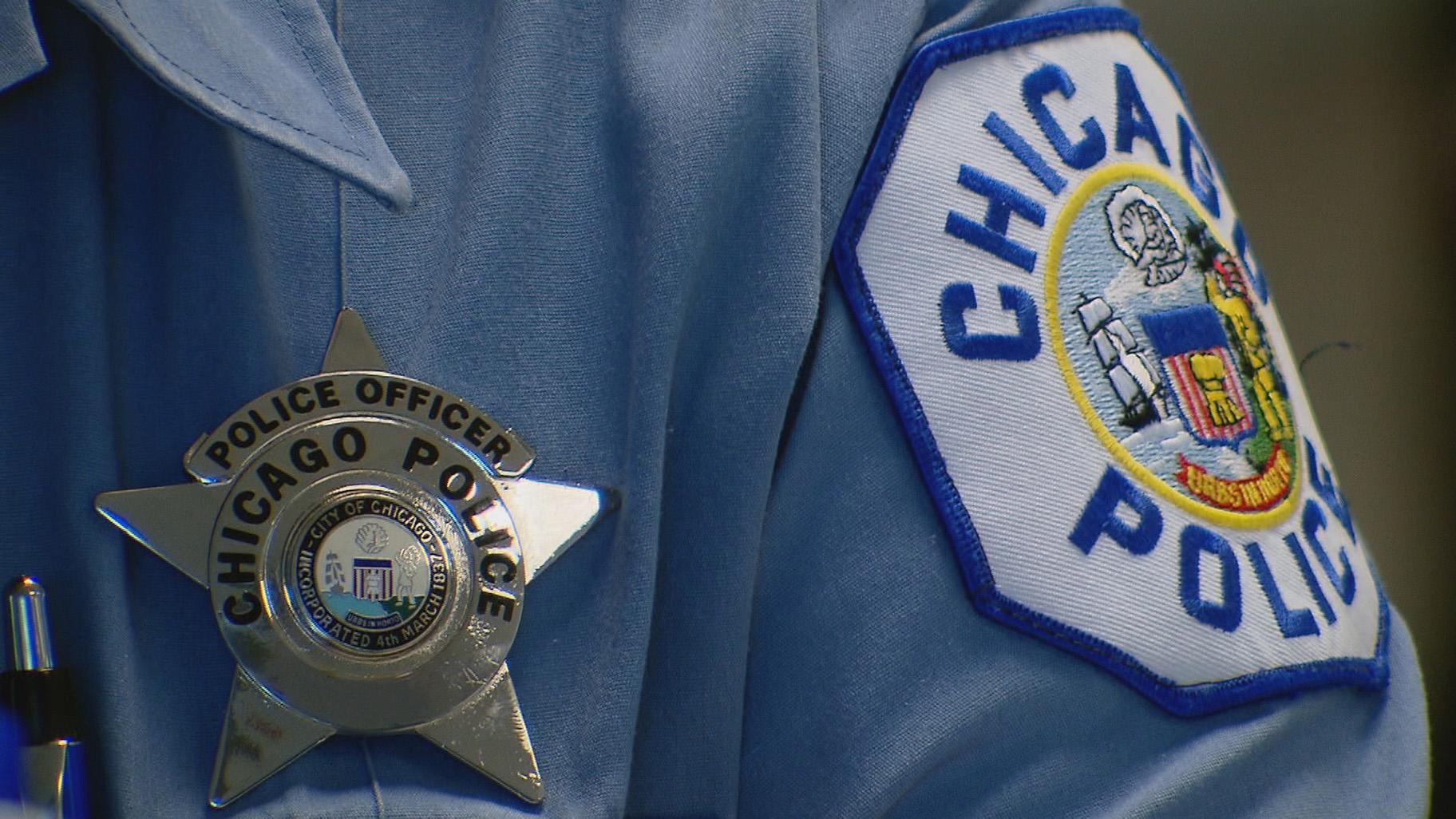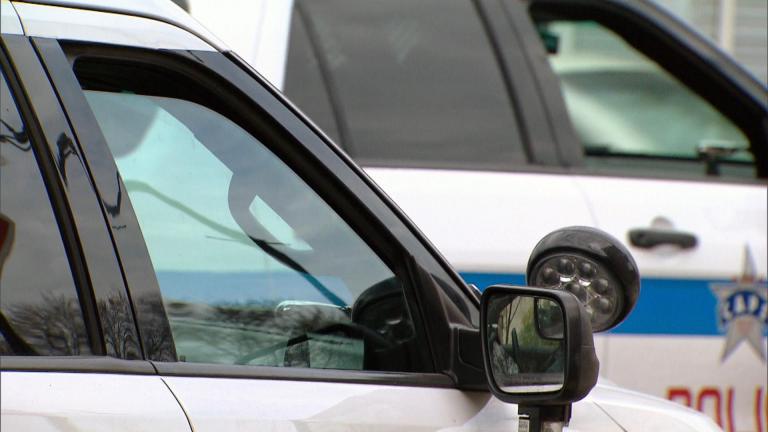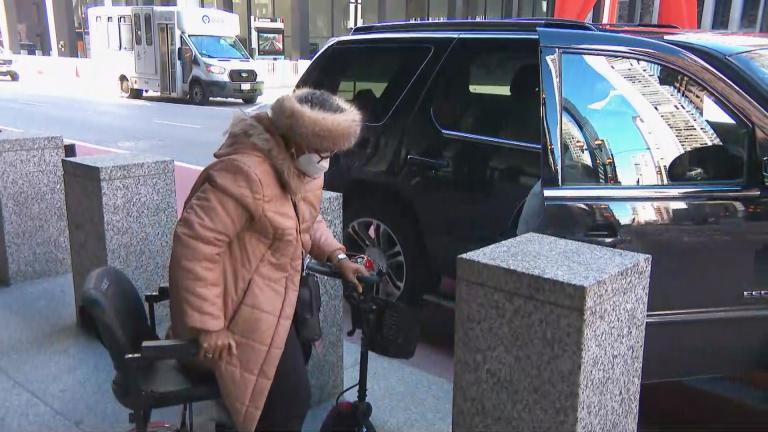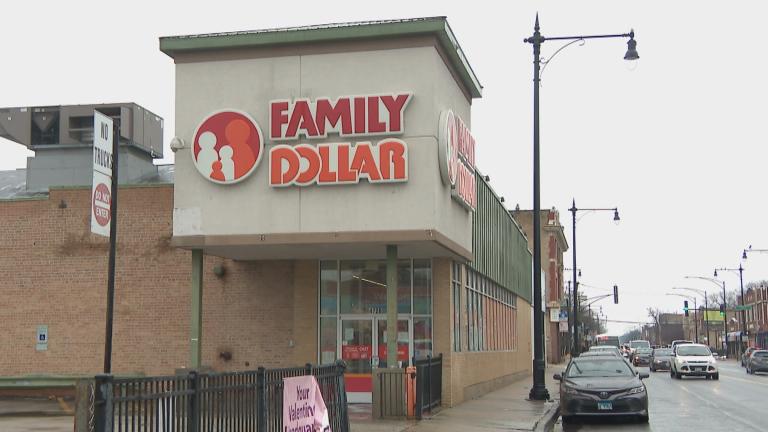 (WTTW News)
(WTTW News)
Aldermen advanced an agreement Wednesday that will allow anonymous complaints against Chicago police sergeants, lieutenants and captains to be investigated, despite concerns that the agreement does not go far enough to hold police brass accountable for misconduct.
Mayor Lori Lightfoot has hailed the decision by an arbitrator to allow complaints against 1,500 of the department’s highest-ranking officers to be investigated without a sworn affidavit an “historic” win in the push for police reforms given new life by the protests touched off by the death of George Floyd in Minneapolis police custody.
The agreement won the unanimous endorsement of the City Council’s Workforce Development Committee on Wednesday, setting up a final vote at the full City Council meeting set for July 22.
Ald. Michele Smith (43rd Ward) hailed the agreement as a “groundbreaking moment of change for our police department” and a “true breakthrough.”
But Ald. Chris Taliaferro (29th Ward), a former Chicago police sergeant, said he was concerned that allowing anonymous complaints to be investigated would put officers at risk of having their careers derailed by false complaints.
Cara Hendrickson, who is now the executive director of Business and Professional People for the Public Interest, known as BPI, told aldermen that requiring an affidavit to investigate a complaint has long been “an obstacle to the pursuit of truth” and an impediment to investigations of police misconduct.
Hendrickson, the former head of the Public Interest Division in the Illinois attorney general’s office, helped craft the consent decree that requires the Chicago Police Department to implement a series of reforms after an investigation by the Department of Justice found it routinely violated the constitutional rights of Black and Latino Chicagoans.
Hendrickson told aldermen the reforms in the proposed contract agreement represent only a “modest” success in the effort to reform the Chicago Police Department and fails to address necessary issues “head-on.”
Craig Futterman, a University of Chicago law professor, was also critical of the proposed agreement, telling aldermen it did nothing to address the provisions that enshrine the “code of silence” that ensures officers protect colleagues from being held accountable for misconduct.
Futterman was especially critical that the agreement allows officers who shoot someone to delay an interview with investigators for 24 hours.
Futterman also warned that the city risked violating the consent decree, which requires city officials to make their “best effort” to negotiate collective bargaining agreements that comply with reform efforts.
However, Cicely Porter Adams, the city’s chief labor negotiator, said the agreement represented “the best possible deal” after 39 months of negotiations.
The Citizens Office of Police Accountability is rarely ready to interview an officer within 24 hours of a shooting, Porter Adams said, and ending the 40-year ban on investigations triggered by anonymous complaints was a higher priority. The new agreement protects the names of complainants from being disclosed to officers until immediately prior to their interview, which typically comes at the end of an investigation, according to the mayor’s office.
The city complied with the consent decree to attempt to negotiate a new agreement, Porter Adams said.
However, Alds. Andre Vasquez (40th Ward) and Matt Martin (47th Ward) said they were frustrated that the deal was completed just weeks after the protests of Floyd’s death reordered the debate over policing and misconduct.
“What more could we have achieved?” Vasquez asked. “We might never know.”
Lightfoot has vowed to use the proposed contract with the Policemen’s Benevolent & Protective Association of Illinois, Unit 156, as a template for a new labor agreement with the Fraternal Order of Police, Lodge 7, which represents the bulk of the 13,500-officer force.
In addition, the new agreement requires police supervisors to disclose whether they work a second job and how many hours they worked. It also allows department officials to impose a 16-hour cap on working any job within a 24-hour period unless ordered by the department.
In an audit released in October 2017, Inspector General Joseph Ferguson called on city officials to monitor officers’ outside employment “to ensure that CPD officers are not overworked, and remain rested, alert, and ready to serve the public.”
The City Council agreed in November to give the police supervisors a 10.5% raise during the five-year term of the deal, which expires in June 2022. The police supervisors had been working without a contract since June 2016.
The deal also required the city to make $33 million in back payments to supervisors, while requiring them to pay more for health care insurance coverage and prescription drugs.
Contact Heather Cherone: @HeatherCherone | (773) 569-1863 | [email protected]







